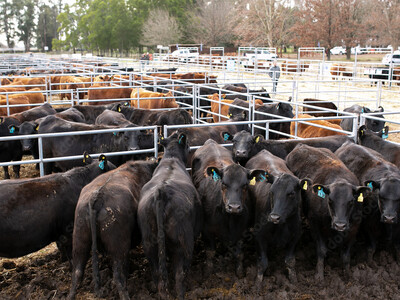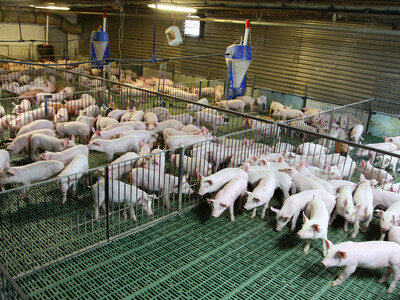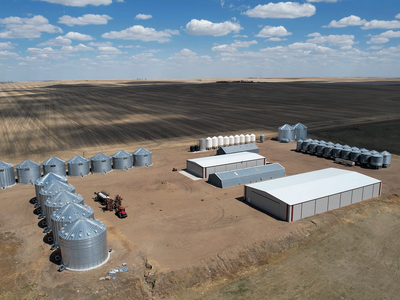Busy Year for Crop Insurance
Busy Year for Crop Insurance. I’m Greg Martin with today’s Line On Agriculture.
The 2012 growing season will be one for the record books - just not for the records that were expected when the crops were planted in the early spring following a mild winter. Natasha Kraushaar is a crop insurance specialist for First Farm Credit Services - and she says her company expects to file a claim for every client in their book of business. Kraushaar says for the farmers waiting for help - patience is necessary.
KRAUSHAAR: If they have something due like a loan payment or anything like that die where they really, really need the money we are able to work with them a little bit and try to get their name bumped up on the list. But my advice would be if the adjustor calls you and he’s ready to meet with you and work your claim to move your schedule around to meet with them because they are busy and if you don’t have time for them when they want to meet with you, they might not be able to meet with you for several weeks or a month.
Krashaar says there is a list of things farmers need to have in order to make that claim.
KRAUSHAAR: They need to have their bins, if they have their grain in bins, have it available so the adjustor can measure it. They need it marked by their unit structure so if they have like an optional unit policy, each unit needs to be marked with - it can be duct taped on the bin from what field it’s from. Otherwise the adjustors can just measure their bins. If they have settlement sheets or load delivery sheets from the elevator they’ll need to get that together, too. And definitely if they had chopped anything for silage, they’ll need to have had silage appraisals done prior to chopping that grain for silage from the adjustors.
And she says the RMA has adjusted the amount of audits it will have to do - but some will still be audited.
KRAUSHAAR: They used to audit everyone who had a claim of $100-thousand dollars or more per crop per county. This year they’ve upped that audit to $200-thousand dollars per crop per county to reduce the amount of audits they had to do. But there’s still going to be several people that fall into that category that they’re going to have audits and if you get an audit they audit three years of your production information. So it would be 11, 10 and 9. They would audit all those, all of your production history for the last three years if you fall into that category.
And if that wasn't enough - Kraushaar says the deadline to take out insurance on fall planted crops is September 29th. She says anyone who thinks they might plant winter wheat needs to at least sign up for insurance. It's better to have it and not need it than not have insurance at all - and if the crop is not planted - no payment will be due.
That’s today’s Line On Agriculture. I’m Greg Martin on the Ag Information Network.

















